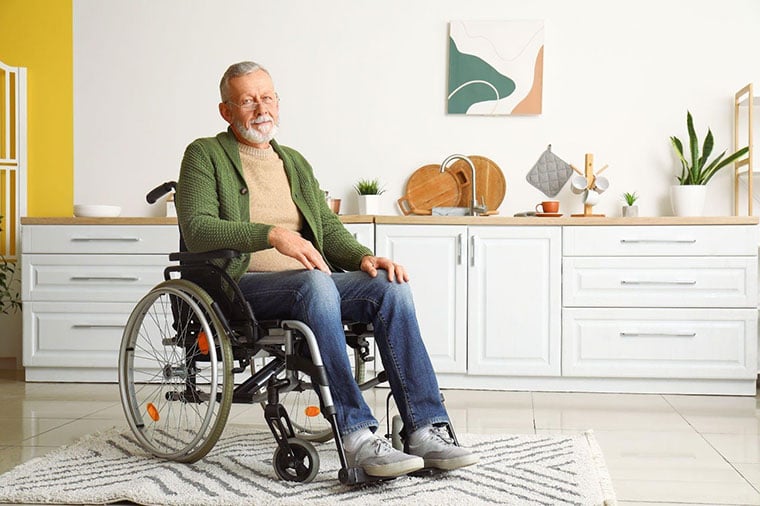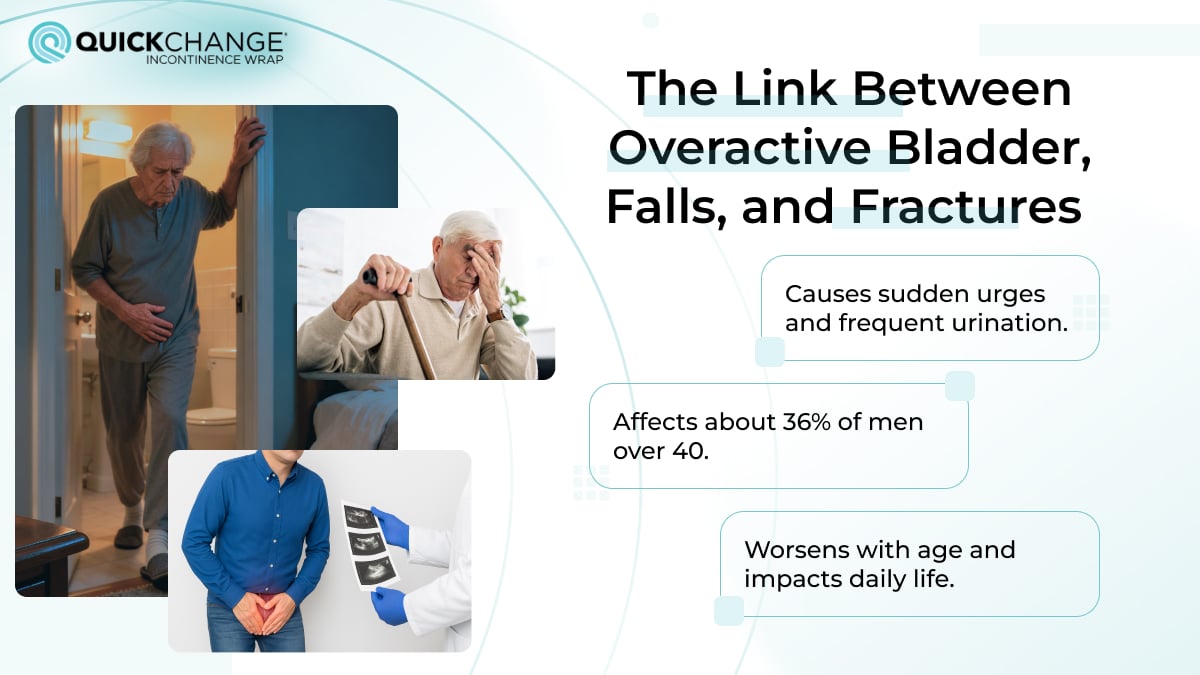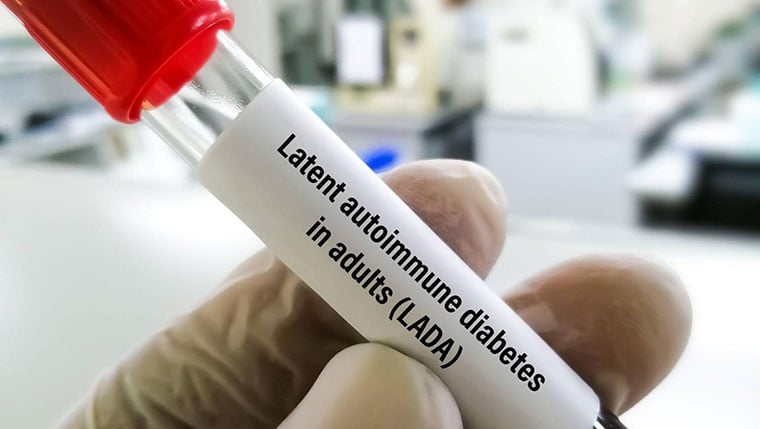Hospital at Home Program in the U.S.: Set Up with QuickChange
With the spread of the epidemic in 2019, hospitals became overcrowded, creating a need to relieve them of patients. This is how the Hospital at Home program actually appeared. The program has become a comfortable and efficient solution for both patients and hospitals. Many people have the opportunity to use this program, including patients with limited mobility and urinary incontinence. In the United States, the Hospital at Home program was launched in 2020 with the support of the Centers for Medicare & Medicaid Services (CMS). Read the article to learn about the benefits and convenience of Hospital at Home and how to set it up.









